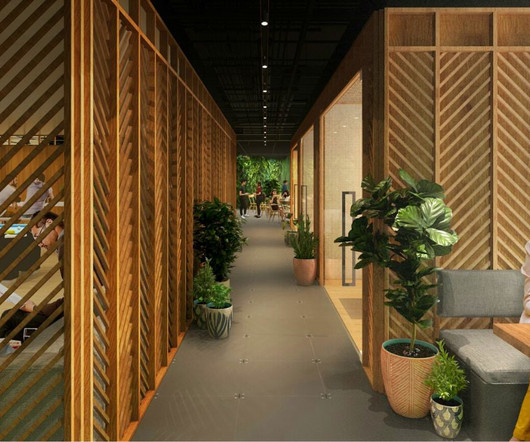New IWG Research Reveals How To Seize Hybrid Advantage For Business Growth
Allwork
JUNE 26, 2025
Recognizing the home office as a vital extension of corporate real estate, leading organizations provide substantial stipends for ergonomic setups and annual refreshes to maintain comfort and bandwidth. Newcomers might be matched with both functional and cross-disciplinary mentors, fostering a 360-degree learning loop.












Let's personalize your content